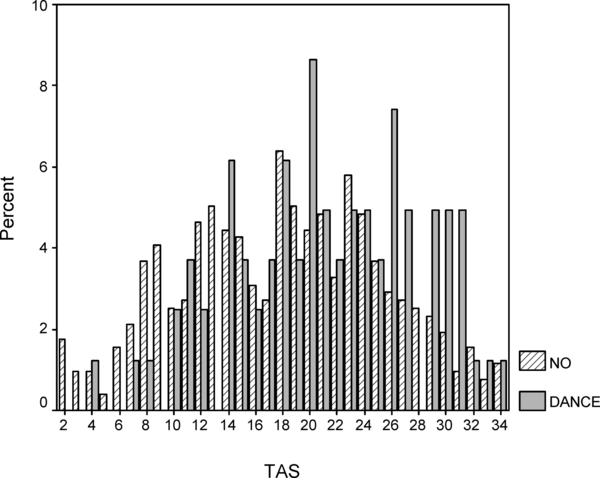Subscribe to the newsletter
[x]
Stay in touch with the scientific world!
Know Science And Want To Write?
Apply for a column: writing@science20.com
Donate or Buy SWAG
Please donate so science experts can write
for the public.
At Science 2.0, scientists are the journalists,
with no political bias or editorial control. We
can't do it alone so please make a difference.
We are a nonprofit science journalism
group operating under Section 501(c)(3)
of the Internal Revenue Code that's
educated over 300 million people.
You can help with a tax-deductible
donation today and 100 percent of your
gift will go toward our programs,
no salaries or offices.
- Ozempic, Wegovy, and Mounjaro Have Helped The Rich Create New Healthcare Sneetch Stars
- Study: Caloric Restriction In Humans And Aging
- Don't Buy Vietnamese Castor Oil Hemorrhoid Extract, Or Any Other Supplement
- Germany Lied To Its People About Nuclear, Then Solar, And Now Their Coal Emissions
- If A Weedkiller Turned You Gay, We'd Like To Interview You
- Organic Food Evangelists Consumer Reports Declares War On Lunchables
- European Farmers Are In Revolt Against Activists, But Activists Have Media On Their Side
Interesting insights from outside Science 2.0
Who's
Online?
Online?
© 2024 Science 2.0



